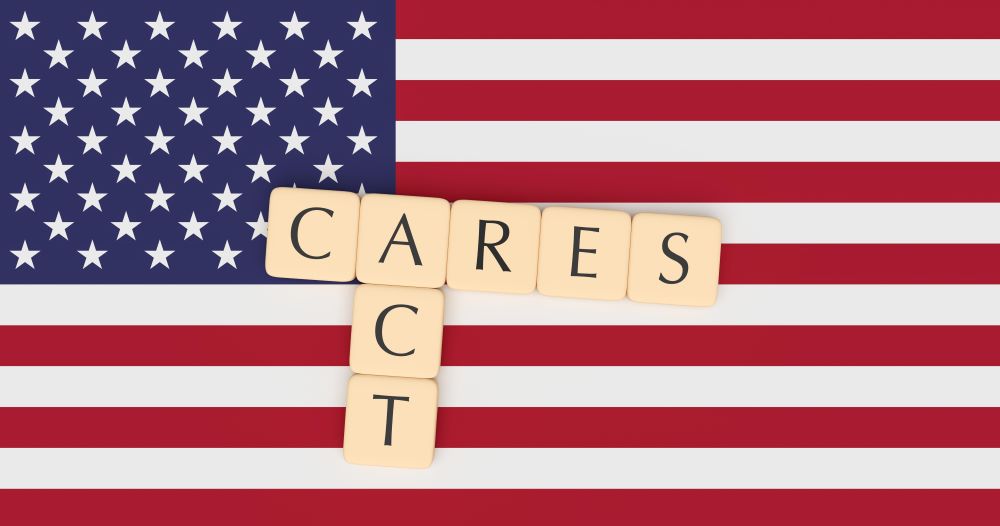Search Site
Our Offices: Philadelphia, PA Moorestown, NJ
Call to schedule an appointment
215.567.1530856.273.6679

Congress has approved and the President has signed into law the Coronavirus Aid, Relief, and Economic Security (CARES) Act to provide emergency financial relief to workers, families and small businesses impacted by the coronavirus. It totals more than $2 trillion.
For healthcare efforts, CARES provides:
- $100B to healthcare providers and hospitals
- $27B for life-saving capabilities such as vaccine development and critical supply deployment
- $45B to the Federal Emergency Management Agency (FEMA) Disaster Relief Fund to empower state, local, and tribal leaders to effectively respond
For families, CARES provides economic assistance through:
- Tax free payments—treated as a refundable tax credit—giving families the immediate financial support they need.
- $2,400 to couples earning up to $150,000 plus $500 for each child
- $1,200 to individuals earning up to $75,000 plus $500 for each child
- NOTE: payments will phase out for individuals earning over $75,000, $112,500 for head of household filers, and $150,000 for married couples filing joint tax returns
- $3.5B in emergency funding to child care providers to stay open, keep payroll, and prioritize the child care needs of healthcare, emergency, and sanitation workers
For displaced workers, the CARES Act:
- Allows states to temporarily increase unemployment benefits and receive Federal reimbursement for the additional amount
- Encourages states to waive the typical one-week waiting period and provides an additional 13 weeks of benefits
- Creates a new program to assist the self-employed and independent contractors who are unemployed due to the pandemic
- Provides relief for homeowners and renters by enabling payment forbearance for federally backed mortgages, requiring a foreclosure and eviction moratorium for homeowners with such mortgages, and imposing an eviction moratorium for renters in federally supported housing
- Suspends penalties for withdrawing up to $100,000 from retirement accounts
- Provides a high-deductible health plan with a health savings account to cover telehealth services prior to a patient reaching the deductible.
For small businesses, CARES provides:
- $350B to businesses and nonprofits comprised of 500 or fewer employees in partially forgivable loans
- A temporarily increased maximum loan amount for 7(a) business loans
- $17B to forgive 6 months of payments on any existing Small Business Administration non-disaster loans
- Payroll tax relief for small businesses
- Expansion of the emergency disaster loan program by funding $10 billion in advances on loan applications to help small businesses cover expenses including sick leave, payroll, and rent
- $5,000 tax credit for wages paid to each employee for businesses adversely affected by the coronavirus
- $500B for the Treasury and Federal Reserve to provide liquidity and purchase business, municipal, and State debt
- $4T, if needed, to the Federal Reserve to leverage funds for financial support during this time of disaster
Contact us












